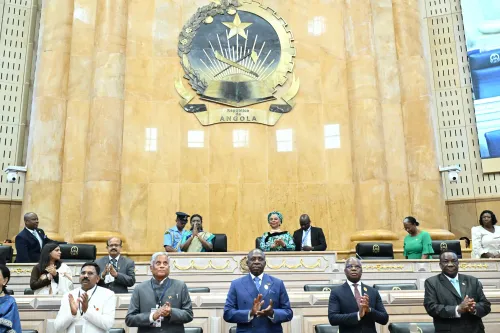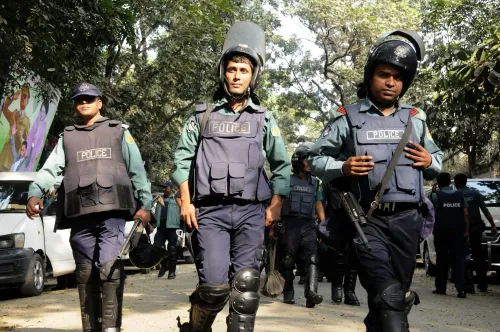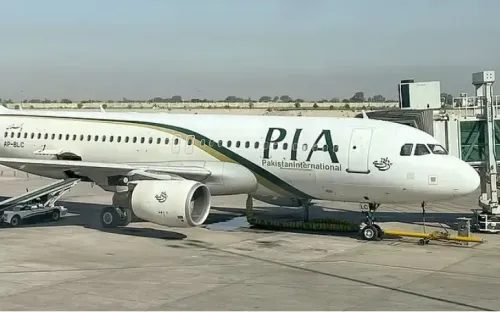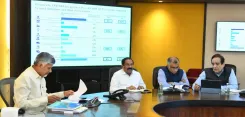The Fight Against Malaria in Africa Faces Significant Challenges and Calls for Renewed Commitment
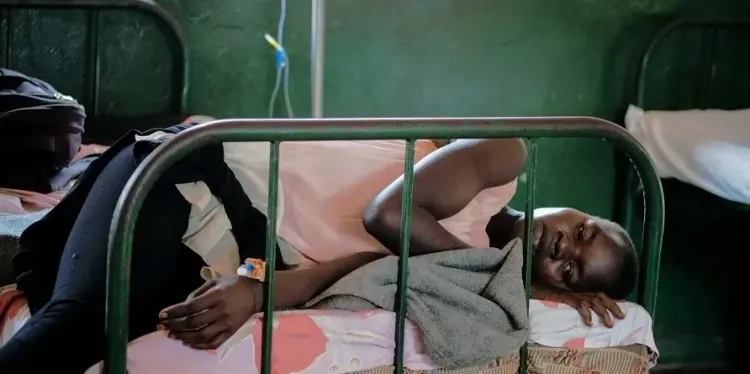
Synopsis
Key Takeaways
- Urgent need for renewed commitments in combating malaria.
- Africa's progress is stagnating due to various challenges.
- Insufficient financing and natural disasters are major hurdles.
- Southern Africa faces an impending surge in malaria cases.
- Egypt has been recognized as malaria-free by WHO.
Addis Ababa, Feb 17 (NationPress) Officials and experts on Sunday urged for renewed commitments in Africa's battle against malaria, cautioning that the continent's advancements are 'in jeopardy' due to a mix of natural and human-induced challenges.
This warning emerged during a high-level briefing on malaria, held on the sidelines of the 38th African Union (AU) Summit in Addis Ababa, Ethiopia's capital.
During the event, Duma Boko, president of Botswana, emphasized that Africa's positive strides against this deadly disease have been hindered by several issues, such as insufficient funding, along with natural and man-made disasters.
"The challenge we face is both urgent and formidable. Our progress has stagnated, and the hard truth is that we are off course. A perfect storm of threats, including inadequate resources, climate change, biological hazards, and humanitarian crises, jeopardizes our endeavors," stated Boko, who is also the incoming chair of the African Leaders Malaria Alliance (ALMA).
He noted that the continent is currently facing an increasing number of malaria outbreaks, with the Southern Africa region poised for a rise in cases as heavy rains provide ideal breeding conditions for mosquitoes.
"It is crucial to secure the resources needed to combat malaria and address these critical gaps with renewed vigor. Africa must urgently confront this challenge by mobilizing domestic resources, tapping into emergency funds, and boosting health budget allocations," he added.
A recent report on malaria in Africa, launched during the AU Summit, indicated that despite averting 1.8 billion malaria cases and saving 11.9 million lives since 2000, Africa's progress has stagnated.
The report highlighted that the continent is at a defining moment in its fight against malaria, with interim targets for 2025 slipping away and the goal of malaria elimination by 2030 in serious jeopardy.
Chikwe Ihekweazu, the acting regional director for Africa at the World Health Organization (WHO), remarked that African nations continue to face obstacles in eradicating malaria. These include fragile health systems, inadequate surveillance, persistent funding shortages, and anti-malarial drug resistance, according to the Xinhua news agency.
It was noted that 11 African countries account for approximately two-thirds of the global malaria burden, with the challenges of addressing it being most intense in Africa.
Amidst these challenges, experts and policymakers at the high-level meeting praised Egypt's achievements against malaria, as the country was recognized by the WHO as malaria-free, marking a significant public health milestone for a nation with over 100 million residents.

